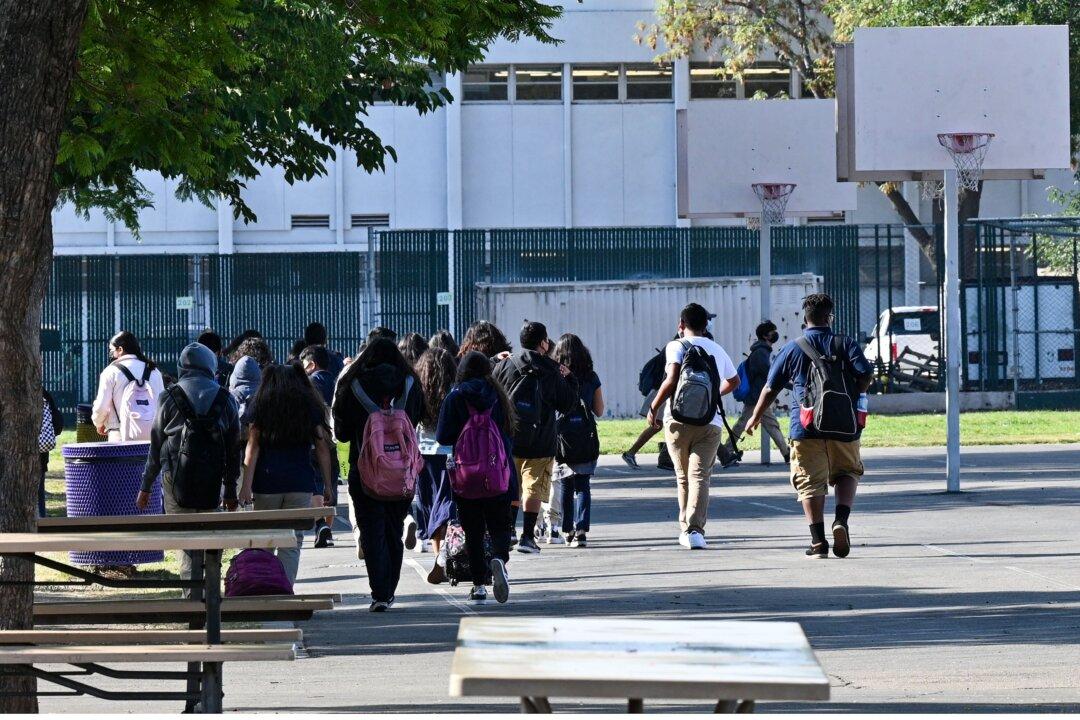School choice or public schools? Across the nation, the great debate is heating up once again. In the end, it all boils down to how each side believes taxpayer dollars should be spent.
As a high school social studies teacher currently serving as the president of the Ohio Education Association (OEA), Scott DiMauro advocates for public schools.





